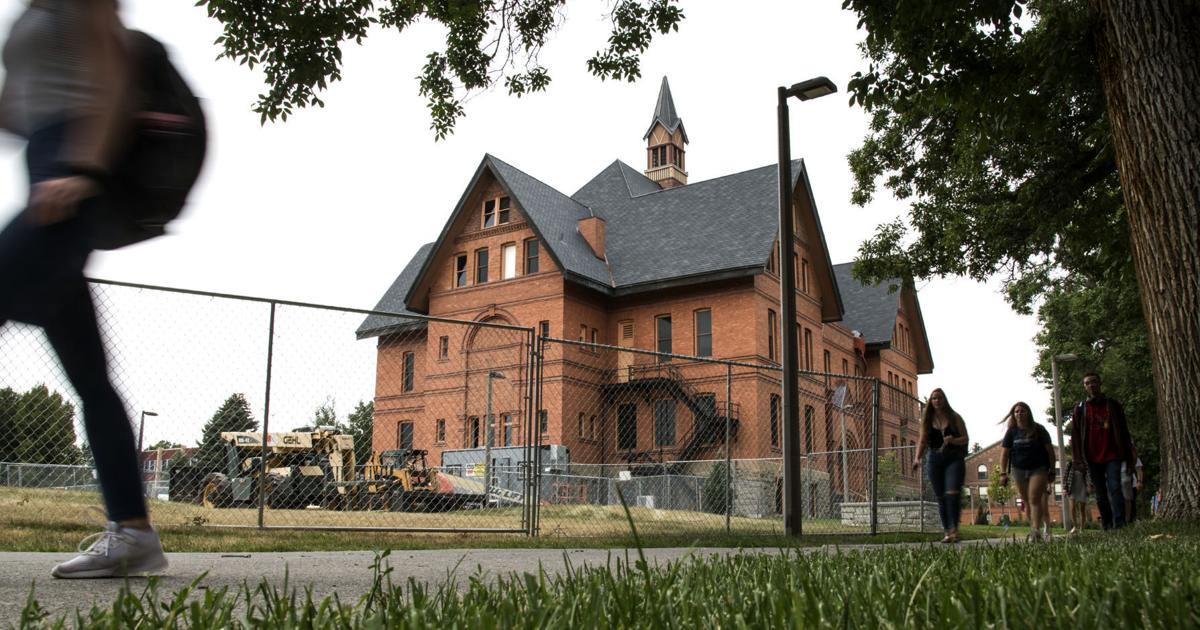SAJ-99
Well-known member
It was just an idea, not saying it was great. There are now companies that will fund your education for a percentage of your earnings over a specific period. If a kid wants to know what the market price of the education is they can find out. It's a market-based solution. Interesting to think about.Disagree, but it doesn't really matter, I don't think anyone can really "know" how to fix this problem.





